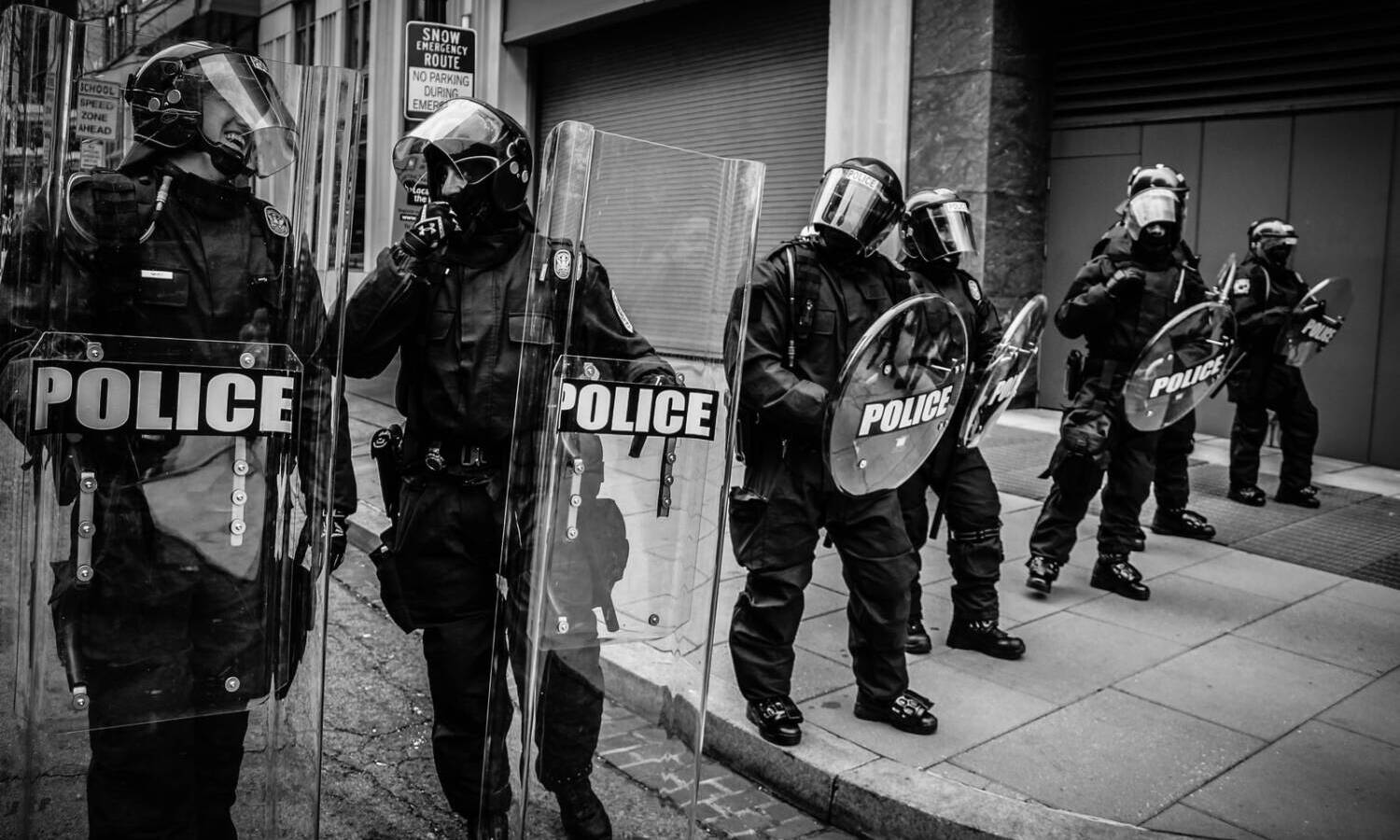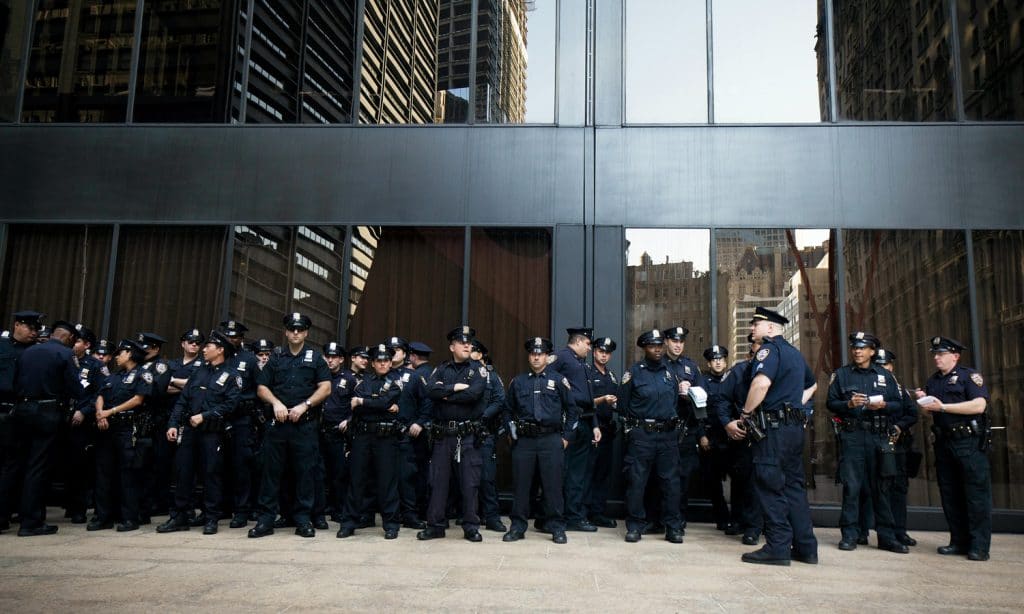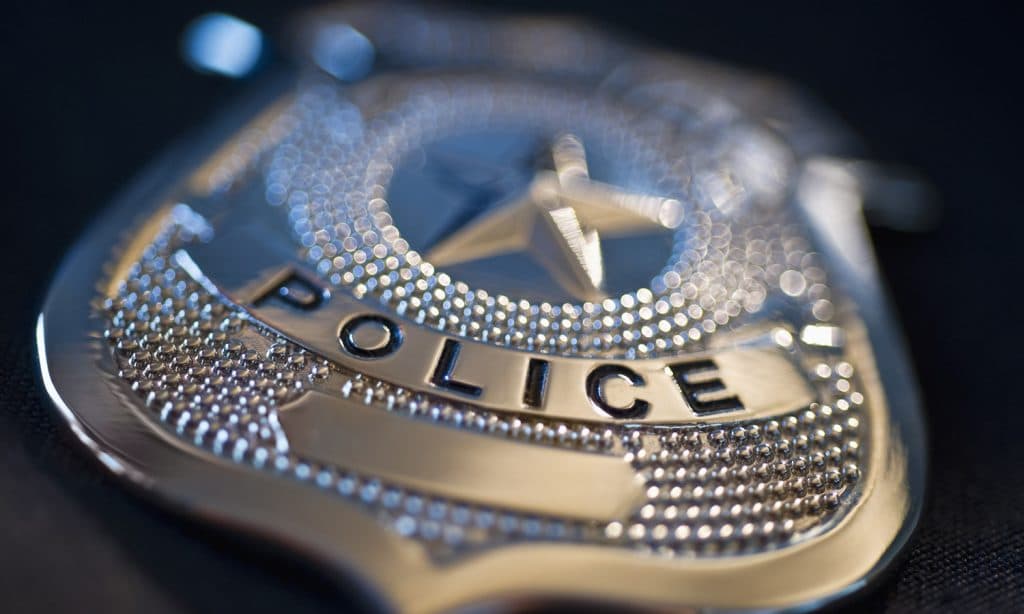
The argument for allowing the police to use cannabis
This article originally appeared on Cannabis.net and has been republished with permission.
I recently heard two stories about the police and drugs. The first is about a MET police commander who wrote a drug-fighting strategy that used cannabis, LSD, and magic mushrooms. He now faces “dismissal” for his misconduct. The second story follows a Texas police officer who was caught vaping a confiscated marijuana stick in his vehicle. All filmed on dashcam.
Both individuals in question will be either disciplined or fired outright.
Photo by Jose Maria Hernandez/EyeEm/Getty Images
While some were quick to punish the officers in question, I thought to myself, “You should definitely be on psychedelics and cannabis!” In fact, I believe that if this were more widely adopted, we would probably have much better “police-citizen” relationships.
This article will explain my arguments as to why the police should be allowed to use cannabis and even psychedelics, and why doing so would bring a net benefit to society.
The job is dangerous
If you could get shot just for putting on your uniform, life can be stressful. In fact, the position of “police officer” is often among the top 10 most stressful jobs. Unfortunately, cops aren’t known for their “destressing” tactics, and if we look at how the movies portray them, they’re typically disgruntled alcoholics trying to drown out all the negative thoughts. Of course, that doesn’t apply to all cops, but it’s fairly safe to say that most cops don’t care too much about their own mental health unless asked to do so.
Additionally, if you were constantly living in a state of constant fear, you would start showing some form of hostility towards the people you were supposed to be protecting. If you don’t know whether the next person you stop has a gun or not, you would be foolish not to be careful. However, if you remain in this constant state of distrust, it will negatively affect your reactions. This is why so many unarmed people have been shot dead for holding a cell phone or something similar.
Overtime, a lack of compassion and self-preservation can get stuck in officers’ minds, and when that happens they are no longer an effective deterrent but just another “element” for the average citizen to watch out for.
Most police officers have undiagnosed PTSD
While most people associate PTSD with a specific traumatic experience, police suffer from a different type of PTSD—cumulative PTSD. Police1.com explains this phenomenon:
Cumulative PTSD can be even more dangerous than PTSD caused by a single traumatic event, primarily because cumulative PTSD tends to go unnoticed and untreated. When a catastrophic event occurs, such as For example, when an officer is involved in a shooting, most departments have policies and professionals in place to help an officer address and manage the aftermath of an event.
However, the buildup of events that unfold during an officer’s career does not generally warrant such special attention. As a result, an officer with cumulative PTSD is less likely to receive treatment.
In other words, many law enforcement officers suffer from a form of PTSD due to “micro-trauma,” which in turn affects their behavior. They get nervous, they make quick judgments, and they usually approach situations with the premise that the people they are dealing with are “out to get them”.
Given that these officers are supposed to keep the public “safe” from criminals, it’s less than ideal that they fear interactions with the average citizen. For this reason, cannabis could be an ideal solution.
 Photo by Felix Koutchinski via Unsplash
Photo by Felix Koutchinski via Unsplash
Cannabis for cops!
Cannabis has been shown to be effective in relieving the symptoms of PTSD and, in some cases, helping victims return to a baseline of normalcy. The Veteran of Foreign Wars talks about a study that was regulated by the FDA:
Over the course of a year, the study found that cannabis users reported greater decreases in the severity of their PTSD symptoms. They were also more than 2.5 times more likely to fail to meet diagnostic criteria for PTSD than those who did not use cannabis.
While this may not completely eliminate instances of PTSD, it does appear to be a good way to deal with the underlying symptoms, especially for those who have not been diagnosed with cumulative PTSD.
RELATED: Super Troopers: Cops in Calgary Authorize Use of Marijuana Off-Duty
The fact of the matter is that police officers need to have some way of “breaking away” from the job. The “job” is an all-consuming position that can have corrosive effects on the individual. It reduces their ability to think critically and makes them less effective at performing their jobs correctly.
Therefore, while you cannot force police officers to use cannabis, you should at least give them the opportunity to use it rather than self-medicate. Combine this with therapy and you may have a police force that works with their citizens as opposed to a force that fights the populace.
Mushrooms for police officers
Cannabis is powerful against PTSD, however psilocybin could completely break their PTSD cycles. Of course, in the case of the police, you don’t want cops tripping over mushrooms on the job. But maybe you could have a psychedelic assisted therapy session after each month or quarter to deal with all the accumulated trauma that has accumulated over the month.
RELATED: Do you want to be an FBI agent? Make sure your cannabis consumption doesn’t exceed this number
Plus, psilocybin makes you more empathetic. Ultimately, you want a police force that not only “enforces the law,” but guides citizens to make the best of the law. That means being able to let someone go for smoking weed or drugs, especially when there’s an obvious lack of violence.
To recognize that, the police officers have to have empathy. Psilocybin might help with that.
 Photo by Sven Mieke via Unsplash
Photo by Sven Mieke via Unsplash
Yoga, meditation, breathing exercises for cops!
The previous two options relied on medication to help with PTSD. But maybe — at the end of each workday, police officers should do at least 30 minutes of breathing exercises, meditation, or yoga to deal with the things they face on a daily basis. These practices are known to reduce stress and depression, and so we should place an emphasis on officer mental health. This is the least invasive way for police officers to deal with their mental health issues.
Conclusion
I’m probably one of the most “F&$# the Police” people you would ever meet, but I don’t think we should look at life as black and white. The police ultimately work to protect those who cannot defend themselves. You are not the enemy, but after prolonged psychological distress, they might come to the conclusion that you are.
Helping police officers manage their stress and PTSD will bring a net benefit to society at large.
This article originally appeared on Cannabis.net and has been republished with permission.

Post a comment: